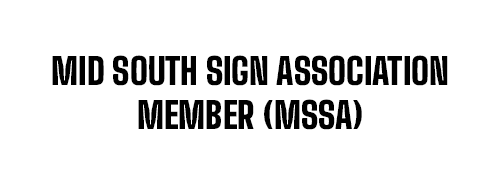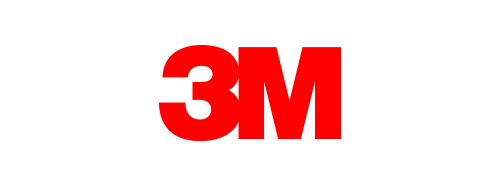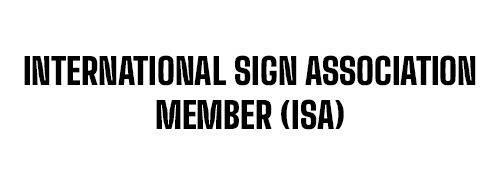FAQs
Signs First
Have a custom graphics or sign-related question? Signs First has the answer. Check out these FAQs and give us a call today for more information!
-
What is the normal turnaround time for an order?
The processing time depends on the order itself. For all orders, we do our best to get the job done as quickly as we can.
-
Can I place an order by email or phone?
Yes, Signs First accepts orders both ways. When you inquire about an order, you’ll receive a “quick price,” which is an estimated cost based on the information we provide. We’ll then send you a proof via email or fax. Once you approve, you’ll be contacted by a member of our sales team or you’ll receive an online payment request. You’ll receive a confirmation from us once your order is complete.
-
Can you ship my order?
We can! Signs First offers shipping via UPS and other requested shipping companies to any location. Once your order ships, you’ll receive a tracking number and will be charged only the actual shipping cost.
-
What exactly is computer-cut vinyl?
Computer-cut vinyl is a large sticker made from adhesive vinyl that’s cut into a specific shape. Computer-cut vinyl stickers are used on vinyl banners, signs, vehicles, and more.
-
Can you print a picture on my sign?
Yes, we can. Please bear in mind that we will scan your picture, so the quality of the photo used is important. If you provide us with a poor-quality image with a low resolution, the final product will also be low-quality.
-
What is DPI?
DPI stands for Dots Per Square Inch. This is the measurement of the density of ink dots used to reproduce an image. The more DPI an image has, the higher quality it will be, and the larger the picture can be printed.
-
What is meant by CMYK?
CMYK refers to Cyan, Magenta, Yellow, and Black, which are the four colors used in full-color process printing. These colors are the only four colors used to produce full-color photographs and designs. These colors can be combined and printed to emulate a wide variety of other colors. To create a close color match, you must know or select the CMYK profile.
-
Can you guarantee an exact color match?
No. Without a CMYK profile, we cannot.
-
Why does my picture look clear on my computer screen but jagged and blurry when you increase the size to put it on my sign?
The clarity of your sign depends on the number of pictures in the photograph used. Computer monitors can only display between 72-100 dots of information in every inch of the screen (72-100 DPI). Print-quality images should be created using a minimum of 175 DPI. It’s best to use between 300 and 600 DPI if possible.




Share On: